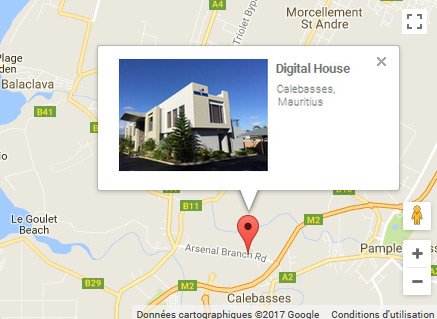Customer service success starts with employee training
Independent hotels can be nimble when it comes to employee training, and the plans and procedures hoteliers put in place can take them to the top when it comes to guest satisfaction.
REPORT FROM THE U.S.—Customer service standards can make or break any hotel, especially when it comes to online review sites such as TripAdvisor. Due to the nature of their business, independent hoteliers can be nimble when it comes to training employees to set them up for service success.
“Customer service is critical,” said Rick Verkler, GM of the 25-room Guesthouse Hotel, which is rated No. 1 out of 185 hotels in Chicago on TripAdvisor. “It doesn’t matter what level—everyone from housekeepers through to the managers.”
“Anyone can build a fantastic building, but at the end of the day, this is a live show,” said David Teich, GM of the 322-room Windsor Court Hotel, which is No. 3 out of 161 hotels in New Orleans on TripAdvisor. “When you go on stage, it takes every person working as a team putting on the best to exceed expectations.”
David Bodette, GM of the 165-room ART Hotel, agreed that great customer service is key to an independent hotel’s success.
“It’s critical to get repeat guests and to get consistency,” he said. His hotel, with 150 employees, is No. 3 out of 150 hotels in Denver on TripAdvisor. “You have to have everyone on the team rowing the boat in the same fashion. Variance creates inconsistency that disappoints guests.”
But it’s impossible to have great customer without first having a plan in place for great employee training. And, sources said there is opportunity for training during every step of the employee journey.
It starts during the interview
Great customer service starts before candidates even become employees, sources said.
“It all starts with the interview and selection of the team,” said Teich, whose hotel has about 285 associates. “Many jobs we can train people for the tasks at hand. We’re looking at their attitude, smile and how they carry themselves.”
Verkler agreed, adding that the hospitality “spark” has to be innate in employees and cannot be taught.
All of the GMs shared what questions they ask to make sure a potential hire has a hospitality personality:
- Bodette: “I want to know what they did when things went wrong. Tell me about the worst day you had at work and how you made it the best day.”
- Teich: “Tell me about a difficult customer that you dealt with and how did you deal with it. You can see by someone’s face how they will react here if there’s a problem.”
- Verkler: “I like to ask about a personal experience when people travel. If they don’t have any hospitality experience, ask: When you were on vacation last time, tell me about a specific situation that stands out in your mind, a hotel or customer service experience. I’m looking for what they felt was important in the traveler experience and personalize it.”


